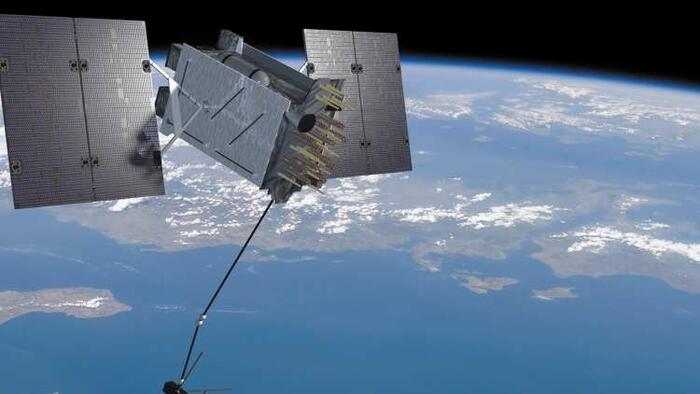Recent reports from Mideast regional media indicate a significant strategic pivot by Iran, actively exploring the abandonment of the Global Positioning System (GPS) in favor of China’s primary navigation satellite system, BeiDou. This potential shift signals a growing global trend among nations to reassess their technological dependencies, particularly concerning critical infrastructure like satellite navigation. The implications extend beyond mere technological preference, touching upon issues of national security and digital sovereignty.
For decades, GPS, a technology developed by the US Department of Defense and currently managed by the Space Force, has been deeply integrated into Iranian industries and technological frameworks. However, this long-standing reliance has brought with it inherent vulnerabilities, notably highlighted by recent disruptions experienced by Iranian vessels in the Persian Gulf. Such incidents underscore the strategic risks associated with depending on systems controlled by potential adversaries.
Iranian officials had expressed concerns about their reliance on GPS even before recent regional tensions, but these events have significantly accelerated the search for alternatives. The understanding that GPS is fundamentally a US military invention fuels the urgency for Tehran to establish more secure and independent navigational capabilities. This push for self-reliance is a clear response to perceived external control and potential weaponization of critical infrastructure.
Ehsan Chitsaz, Iran’s deputy communications minister, publicly confirmed the government’s active development of a comprehensive plan to transition vital sectors, including transportation, agriculture, and internet services, from GPS to China’s BeiDou system. This ambitious undertaking, though not achievable overnight, reflects a resolute commitment to mitigating strategic vulnerabilities and enhancing national autonomy in digital space.
This move by Iran occurs within a broader global context where revelations since 2013, notably through whistleblower accounts and media investigations, have exposed how various Western technologies have facilitated illicit surveillance and data gathering on an international scale. Such disclosures have justifiably heightened anxieties among governments worldwide regarding digital security and the integrity of their technological ecosystems.
It is a natural trajectory for Iran to increasingly place its trust in technology originating from nations like China, India, or Russia, moving away from systems tied to the United States and its close Western allies. China’s BeiDou system, in particular, is intrinsically linked with President Xi Jinping’s ambitious Belt & Road Initiative, establishing significant technological and economic inroads across vast regions of Asia and Africa.
As eloquently concluded by Al Jazeera, Iran’s consideration of shifting to BeiDou delivers a profound message to other nations grappling with the delicate balance between technological convenience and strategic self-defense. The report suggests that the era of unquestioning reliance on US-controlled infrastructure is rapidly drawing to a close, asserting that nations can no longer afford to have their military capabilities and vital digital sovereignty intertwined with the satellite grids of superpowers they do not fully trust. This underscores a pivotal moment in global technological and geopolitical alignment.






Leave a Reply